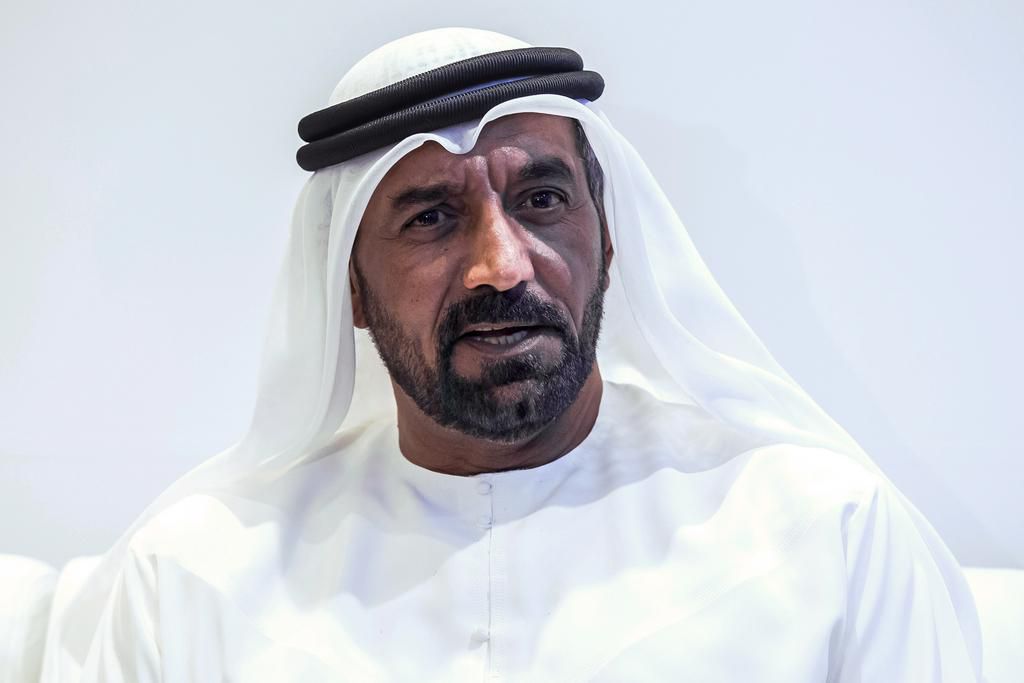The Mohammed Bin Rashid Al Maktoum Global Initiatives announced that the Al Jalila Foundation, in collaboration with the Mohammed Bin Rashid University of Medicine and Health Sciences (MBRU) and the Dubai Health Authority, will construct the UAE’s first robotic biobank (DHA).
A biobank is a collection of human biological samples such as blood, tissue, cells, and bodily fluids. It also keeps track of information about the samples and other biomolecular resources that can be employed in medical research.
The collaboration will aid medical study into genetic anomalies, cancer, and other chronic illnesses and pandemics.
The facility will be built with a Dhs17 million investment from the Al Jalila Foundation, and it will manage seven million human biological materials. Biological samples will be stored in cryogenic storage (below 80 degrees Celsius) using an automated, robotic, artificial intelligence-based system, ensuring sample integrity and retrieval.
According to a release, the biobank, which is planned to open in 2023 with a capacity of seven million specimens, will be one of the world’s largest in terms of sample capacity.
The hospital will be located within the Mohammed Bin Rashid Medical Research Institute, which is part of the Al Jalila Foundation, in Dubai Healthcare City.
“Access to genomic and imaging data through biobanks is driving forward pioneering techniques to analysis that would have been inconceivable just a few years ago,” said Sheikh Ahmed bin Saeed Al Maktoum, Chairperson of the Al Jalila Foundation Board of Trustees. The biobank will make a significant contribution to the advancement of contemporary medicine by enabling scientific discoveries that will benefit the community’s health and well-being.”
“The biobank will provide a chance for people in the community and researchers to work together to build a better, healthier future for generations to come,” said Dr Raja Easa Al Gurg, President of the Al Jalila Foundation Board of Directors and member of the Board of Trustees. By impacting our knowledge of human health, disease, treatments, personalised medicine, and more, scientific advancement will shape the nation’s economy.”
“Biorepositories are places where you can store patient samples and really serve as a hub of collaboration between scientists for doing either population health studies, or looking at cohorts of patients who have specific diseases and trying to find better therapeutics and diagnostics to treat patients and save lives,” said Dr Abdulkareem Sultan Al Olama, CEO of Al Jalila Foundation.
Meanwhile, in accordance with UAE rules and regulations, patient confidentiality will be a top concern. Furthermore, experts will use the biological and medical data for research in order to uncover discoveries regarding common and life-threatening ailments such as cancer, heart disease, and stroke.
The biobank also hopes to establish strategic partnerships with important healthcare authorities and partners in the region and around the world. The partnerships will fund cutting-edge scientific research and accelerate medical breakthroughs that will improve the lives of people.
It will collect, process, store, and analyse biological samples and data using the best biobanking methods and adhering to the strictest compliance rules and ethical standards.


